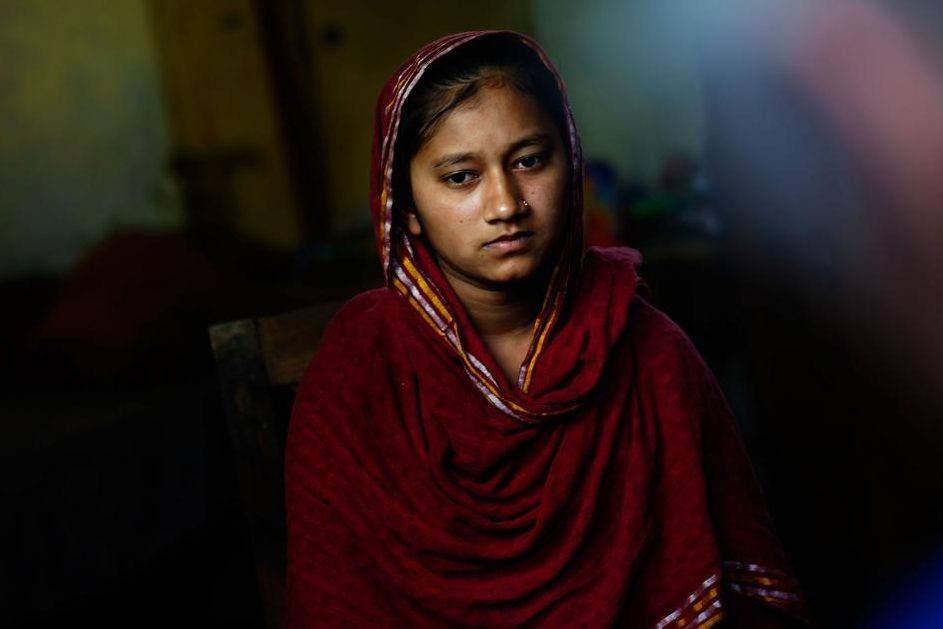There are 120 million children absent from class around the globe. This is an education deficit in our world…
Katarina Tomasevski is the former United Nations special rapporteur on the right to education, 2006. She says, “An increase in school enrolments from 40 to 60 percent is applauded as a success, not recorded as a violation of the right to education of the 40 percent of children who remain excluded from school.” Simply put, too many children are absent from class.
Recently, many nations have been part of international and regional political drives to make certain that all children have access to good and complete education. They are assuring that millions make it into primary schools. Girls in particular are staying in school and going on to secondary education. This all improves gender parity.
Yet despite these and other advances, warnings sounded by the UN and global policy experts indicate that the global progress in education has “left behind” millions of children and young people. More children and adolescents are at risk of dropping out of school, and many are at school facing unsuitable learning conditions. Behind this failure stands governments, which bear responsibility for ensuring that no child or young person is without education, and lack of focus—both in implementation and in content—in development agendas on governments’ human rights obligations. In the end, it has resulted in an “education deficit”—a shortfall between the educational reality that children experience around the world and what governments have promised and committed to through human rights treaties. This not only undermines the fundamental human right to education, but has real and dire consequences for global development, and entire generations of children.
It can not be more clear. Education can change generational cycles of poverty. Education empowers our youth. It improves health and increases the child’s chances of survival. Children with good educations are more active in their society. They are less likely to get into trouble with the law or become victims of human trafficking or be forced into armed forces.
There are 196 member states that have adopted legal obligations towards all children in their territories, and countries that ratify specific international and regional conventions are legally bound to protect the right to education and to follow detailed parameters as to how to do so.
In this new era of sustainable development, activists are hoping that all countries will implement universal development agendas. All countries must be held accountable for human rights abuses of their children.
To read more about absent from class, click on the link below.







Freedom United is interested in hearing from our community and welcomes relevant, informed comments, advice, and insights that advance the conversation around our campaigns and advocacy. We value inclusivity and respect within our community. To be approved, your comments should be civil.